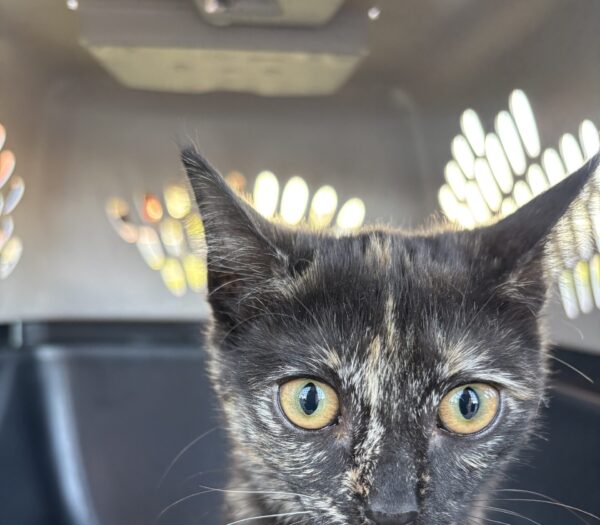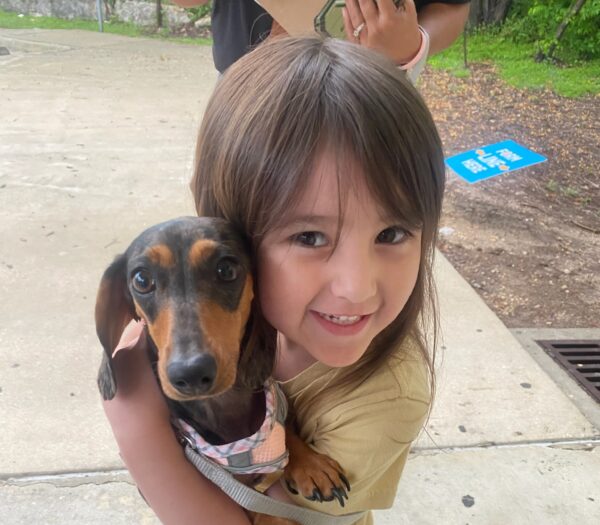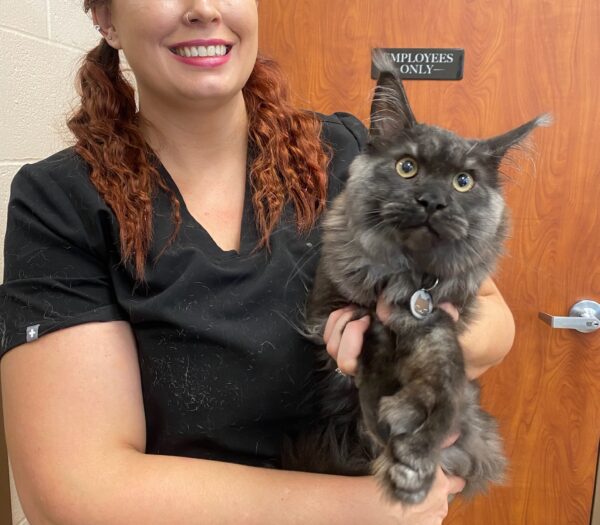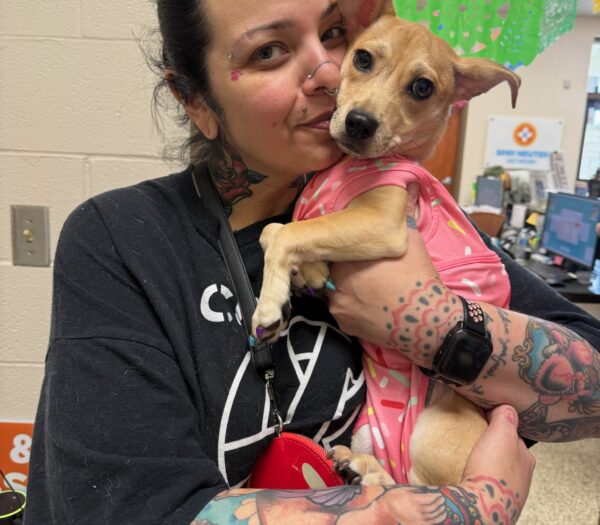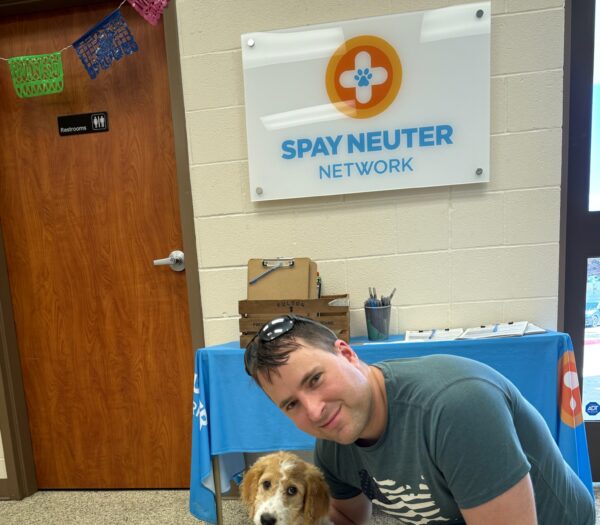We all know that Texas gets hot in the summer and for our furry friends, it is even worse. The ASPCA has provided some precautions to help our pets from overheating, here are a few:
- Pets can get dehydrated quickly, so give them plenty of fresh, clean water when it’s hot or humid outdoors. Make sure your pets have a shady place to get out of the sun, be careful not to over-exercise them, and keep them indoors when it’s extremely hot.
- Don’t let your dog linger on hot asphalt.
- Know the symptoms of overheating in pets, which include excessive panting or difficulty breathing, increased heart and respiratory rate, drooling, mild weakness, stupor or even collapse.
- Never leave your animals alone in a parked vehicle.

Read more: www.aspca.org



























